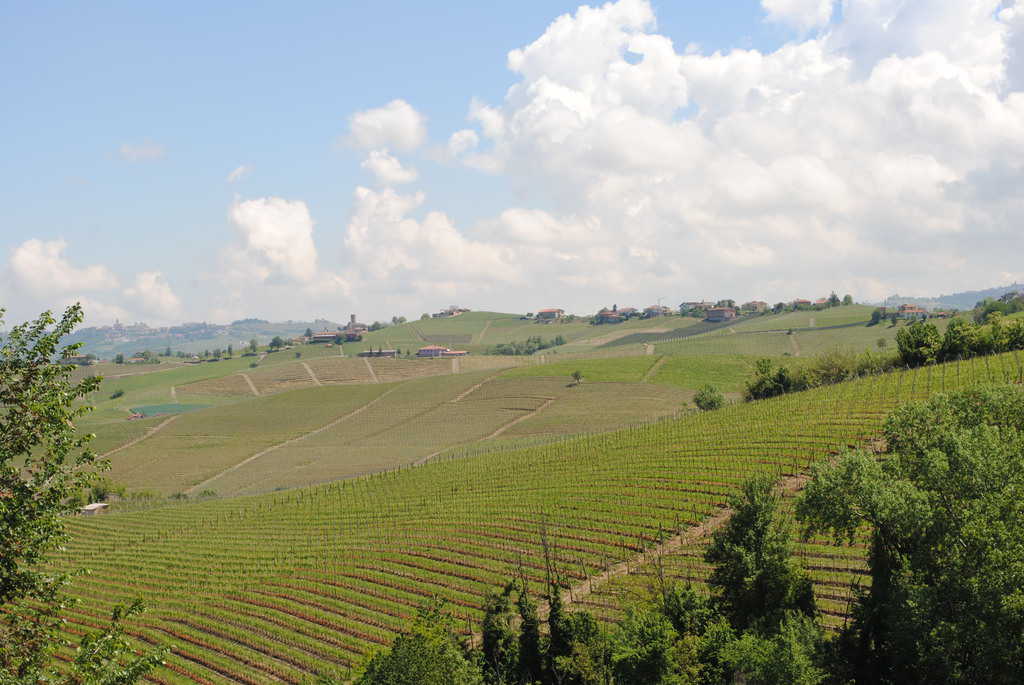Italy has long been celebrated for its incredible food culture, but there’s a growing movement that goes beyond the well-known restaurants and trattorias: agritourism. This trend is changing the way people experience Italy’s culinary traditions by offering a deeper connection to the land and its produce. Agritourism invites visitors to stay on working farms, where they can immerse themselves in Italy’s agricultural roots while supporting sustainable practices that help both the environment and local communities.
Whether it’s sipping organic wine at a family-owned vineyard in Tuscany or enjoying a farm-to-table feast made with fresh, seasonal ingredients in Umbria, these experiences offer travelers a more authentic and eco-friendly way to explore the country’s beautiful regions. It’s more than just a holiday—it’s a chance to learn about traditional farming techniques, discover the importance of biodiversity, and support small-scale farmers who are committed to sustainability. As this type of travel becomes more popular, it’s changing how visitors engage with Italy’s landscapes, its people, and the delicious food that has always been a cornerstone of Italian culture.
The Agritourism Experience
Agritourism offers a unique way to engage with Italy’s rural life. Staying on a working farm, visitors can witness firsthand the processes involved in growing and producing food, from tending the fields to harvesting crops. Tours to Italy increasingly include agritourism as a highlight, where travelers can enjoy fresh, seasonal ingredients while supporting environmentally friendly practices.
For those looking for a deeper connection to the land, hands-on experiences such as grape picking during the harvest season, olive oil pressing, or learning traditional cheese-making techniques are often part of the stay. These activities allow guests to understand the importance of sustainable agriculture while fostering a deeper appreciation for the craftsmanship behind Italian cuisine.
Top Agritourism Destinations in Italy
Italy offers countless agritourism spots, each with its unique charm. Here are some of the top eco-friendly destinations to consider:
1. Tuscany
Tuscany is arguably one of the most popular regions for agritourism in Italy. Its rolling hills and vast vineyards make it the perfect place to explore sustainable farming practices while enjoying the region’s renowned wines and olive oils. Many Tuscan agriturismi (farm stays) are dedicated to organic farming, offering farm-to-table meals crafted from locally sourced ingredients.
While in Tuscany, a visit to a winery is a must, and several estates focus on organic and biodynamic methods. For those travelling from Florence to other parts of Italy, the Florence to Rome train is a convenient and scenic option to continue your journey.
2. Umbria
Often referred to as the ‘green heart of Italy,’ Umbria is another exceptional region for agritourism. Its lush landscapes and medieval towns provide the perfect backdrop for a rural retreat. Farms in Umbria often produce organic vegetables, wine, honey, and even truffles, making it a paradise for food lovers. Visitors can stay in beautifully restored farmhouses and take part in daily farm activities, from feeding animals to cooking classes where they can learn to prepare traditional Umbrian dishes using fresh, locally grown produce.
3. Sicily
Sicily’s agritourism scene is on the rise, offering visitors a chance to explore organic citrus farms, vineyards, and even almond groves. Known for its rich history, the island also delivers a unique culinary experience that blends Italian, Greek, and Arab influences. Many agritourism sites in Sicily are deeply committed to sustainability, focusing on water conservation and renewable energy.
While visiting, travellers can savour farm-fresh seafood, sip organic wines, and indulge in traditional Sicilian dishes like caponata and arancini. Best of all, they do this while supporting local farmers and contributing to eco-friendly tourism efforts.
The Benefits of Agritourism for Local Communities
Agritourism doesn’t just offer a unique experience for visitors—it also plays a vital role in supporting local communities. By staying at family-run farms and agriturismi, travellers contribute directly to the local economy, helping to sustain small agricultural businesses that might otherwise struggle to compete with larger, industrialised farms. These businesses often employ local residents, providing jobs and fostering a sense of community pride in preserving traditional farming methods. Moreover, the influx of agritourism revenue allows farmers to invest in further sustainable practices, improving their ability to continue environmentally friendly farming for generations to come. In this way, agritourism offers a win-win situation: visitors enjoy an authentic, eco-conscious holiday, and local communities thrive.

Eco-Friendly Initiatives in Agritourism
One of the key aspects of Italy’s agritourism movement is its focus on sustainability. Many farms have adopted eco-friendly technologies, such as solar power, rainwater harvesting, and sustainable waste management systems. Organic farming is at the heart of most agriturismi, avoiding the use of pesticides and synthetic fertilisers, which can harm the environment. Instead, they embrace traditional methods that not only preserve the land but also produce higher-quality, more nutritious food.
By staying at an agriturismo, visitors are also supporting a more sustainable way of life. Many of these farms rely on local labour, contributing to the rural economy and helping preserve Italy’s rich agricultural heritage.
How to Plan Your Agritourism Adventure
For those planning an agritourism experience in Italy, booking an agriturismo can be done directly through various platforms, from dedicated agritourism websites to popular accommodation services. Many farms offer a range of options to suit different preferences, from charming rustic farmhouses to upscale villas with added amenities like swimming pools or wellness centres. Whether you’re after a simple countryside escape or a more luxurious retreat, there’s something to cater to every traveller. Some agriturismi also provide guided farm tours, allowing guests to delve deeper into the agricultural life of Italy.







 Pro traveling hot mess for 20 yrs
Pro traveling hot mess for 20 yrs  Travel guides w/ fam & friends
Travel guides w/ fam & friends

 Global itineraries
Global itineraries 

 permi
permi


 I’m Eileen, a seasoned travel writ
I’m Eileen, a seasoned travel writ
 Stop planning every single second of your nex
Stop planning every single second of your nex




 #ichreela
#ichreela
 )BIG PURE WANDER ANNOUNCEMENT! Fi
)BIG PURE WANDER ANNOUNCEMENT! Fi






 There’s always
There’s always


The Real Person Badge!
I spent a year in Florence and willnever forget it.
The Real Person Badge!
I bet that was magic! -Eileen
The Real Person Badge!
Agritourism, that is an entirely new concept to me. Learn something new everyday.
The Real Person Badge!
Nice info.
The Real Person Badge!
My dream is to visit Italy Thanks for the beautiful post
The Real Person Badge!
I would love to visit Tuscany
The Real Person Badge!
It’s a beautiful part of Italy! -Eileen
The Real Person Badge!
So beautiful! My family came from Northern Italy & I aways wanted to visit, but never got the chance. What a beautiful country it is!!